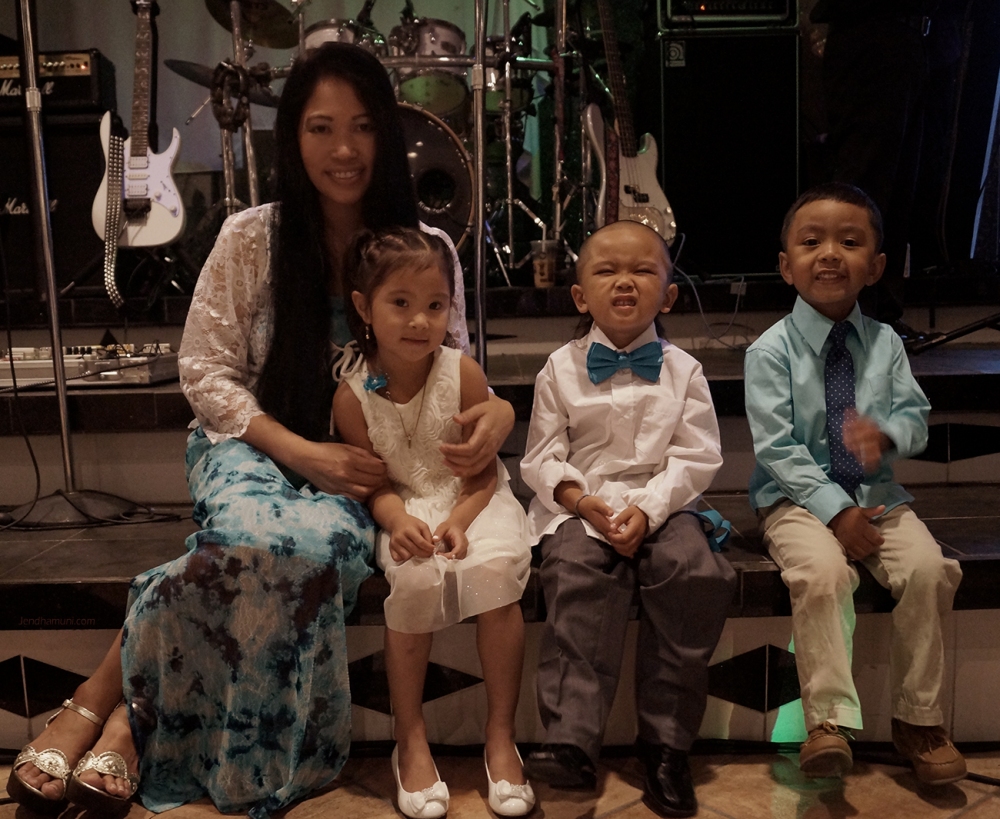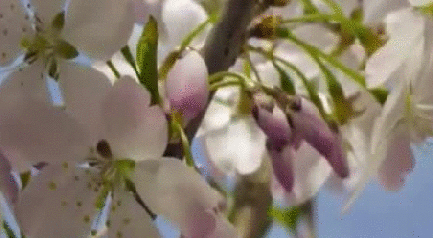by Ven. Dr. Sri Dhammananda
There are different kinds of love, and these are variously expressed as motherly love, brotherly love, sensual love, emotional love, sexual love, selfish love, selfless love, and universal love.
If people develop only their carnal or selfish love towards each other, that type of love cannot last long. In a true love relationship, one should not ask how much one can get, but how much one can give.
When beauty, complexion and youth start to fade away, a husband who considers only the physical aspects of love may think of acquiring another young one. That type of love is lust. If a man really develops love as an expression of human concern for another being, he will not lay emphasis only on the external beauty and physical attractiveness of his partner. The beauty and attractiveness of his partner should be in his heart and mind, not in what he sees. Likewise, the wife who follows Buddhist teachings will never neglect her husband even though he has become old, poor or sick.













